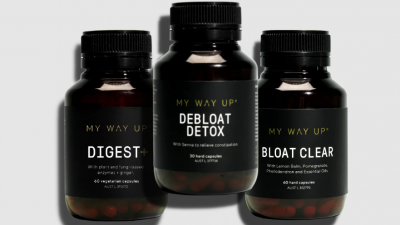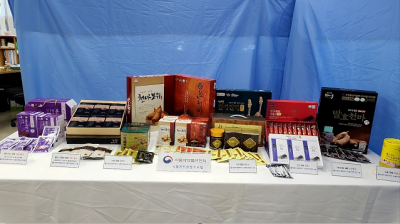India nutra enforcement: Regulator sets sights on non-compliant ingredients, exceeding RDI levels, and misleading claims

The Food Safety and Standards Authority of India (FSSAI) ordered on March 7 for all states to carry out a “special enforcement drive” to check for product compliance and to “take strict action against any incidence of violation by the FBOs (food business operators)”.
According to the notice, this is because products not in compliant with the Food Safety and Standards Regulations 2022 (FSS Regulations 2022) were found in the market.
Actions taken by the state jurisdiction would need to be reported to the FSSAI by March 31.
Speaking to NutraIngredients-Asia, Pradip Chakraborty, former director at FSSAI, gave a few classic examples of product non-compliance.
“Both domestic and imported products are regulated by the nutra regulations, which consists of four schedules, namely the list of permitted nutrients, the list of plants or botanicals, the list of permitted molecules/isolates/extracts, and the list of permitted pre and probiotics.
“In compliance means that all the ingredients and additives used are within the permitted list, permissible limits, and within the RDIs for Indians.
“If any of the ingredients in the formulation is not within the permitted list of regulation and not within the permissible RDI, then they have to obtain specific approvals from the FSSAI for manufacturing and marketing the product,” he explained.
Other requirements to follow include regulations on contaminants, toxins, residue, and packaging.
“If any of the above is missing or not followed, then it will be considered a non-compliant product.”
Giving the example of astaxanthin, an antioxidant, he said that there have been cases of companies selling synthetic astaxanthin, when only natural astaxanthin derived from Haematococcus pluvialis is permitted, as stated in schedule II of the FSS Regulations 2022.
“It is gaining popularity in India because most of the ageing population are taking this ingredient which is imported and domestically manufactured.
“The permitted dosage for use between two and 12 mg per day and it must be natural astaxanthin, that means derived from Haematococcus pluvialis.
“However, a number of Indian companies are manufacturing and selling synthetic astaxanthin, which is not permitted in the regulations and are considered non-compliant products.
“Some big companies are also manufacturing such products and common people are not aware that the regulations only permit natural and not synthetic astaxanthin,” he said.
He added that non-compliance of nutraceuticals has been an issue that was brought up in the parliament, which also explained why the regulator was carrying out these enforcements.
For example, a question on whether the FSSAI was conducting regular checks and raids to counter the sale of expired/uncertified protein powder was brought up in the parliament last year.
Propelled by COVID-19?
Vitamin C and zinc supplements exceeding the RDI level is another classic example, and the influx of such products has been propelled COVID-19 pandemic, Pradip pointed out.
In India, the permitted RDI of vitamin C is 80mg for men and 65mg for women, while that of zinc is 17mg for men and 13.2mg for women.
However, several products in the retail market, mostly imported from the US, contain 500mg or 1,000mg of vitamin C and 50 mg of zinc, far exceeding the permitted RDI.
“During COVID-19, we have seen a lot of such products in the name of immune boosting flooding the Indian market,
“People were not aware [of the regulation], they were panicking and also purchased these supplements,” he said.
Such products are regulated as medicines and can only be made available via doctor’s prescription, Pradip said.
Impacting industry image
Another industry expert, Sandeep Gupta, founder and CEO at the Expert Nutraceutical Advocacy Council (ENAC), pointed out that the above problems have negatively impacted consumers’ trust in the larger nutraceutical industry, although it was usually the smaller firms that were causing troubles.
Some examples of non-compliance, he said, were how nutraceuticals with the vegetarian logo were found to contain non-vegetarian ingredients, how certain products, such as protein, were adulterated.
Another problem is the mismatch in the amount of bioactive claimed and the actual amount detected.
He pointed out that many of these cases involved smaller brands or those seeking short-term success and it would not be easy to trace them.
“Because of such brands, many big brands or the good brands get affected, the brands which are using the finest, world-class ingredients, or are certified by the best of quality, such as Informed Sports, are being affected.
“You can’t judge the brands at the face value, but these are some brands that get affected because of the smaller brands or the brands which want to pull a short-term success.”


















